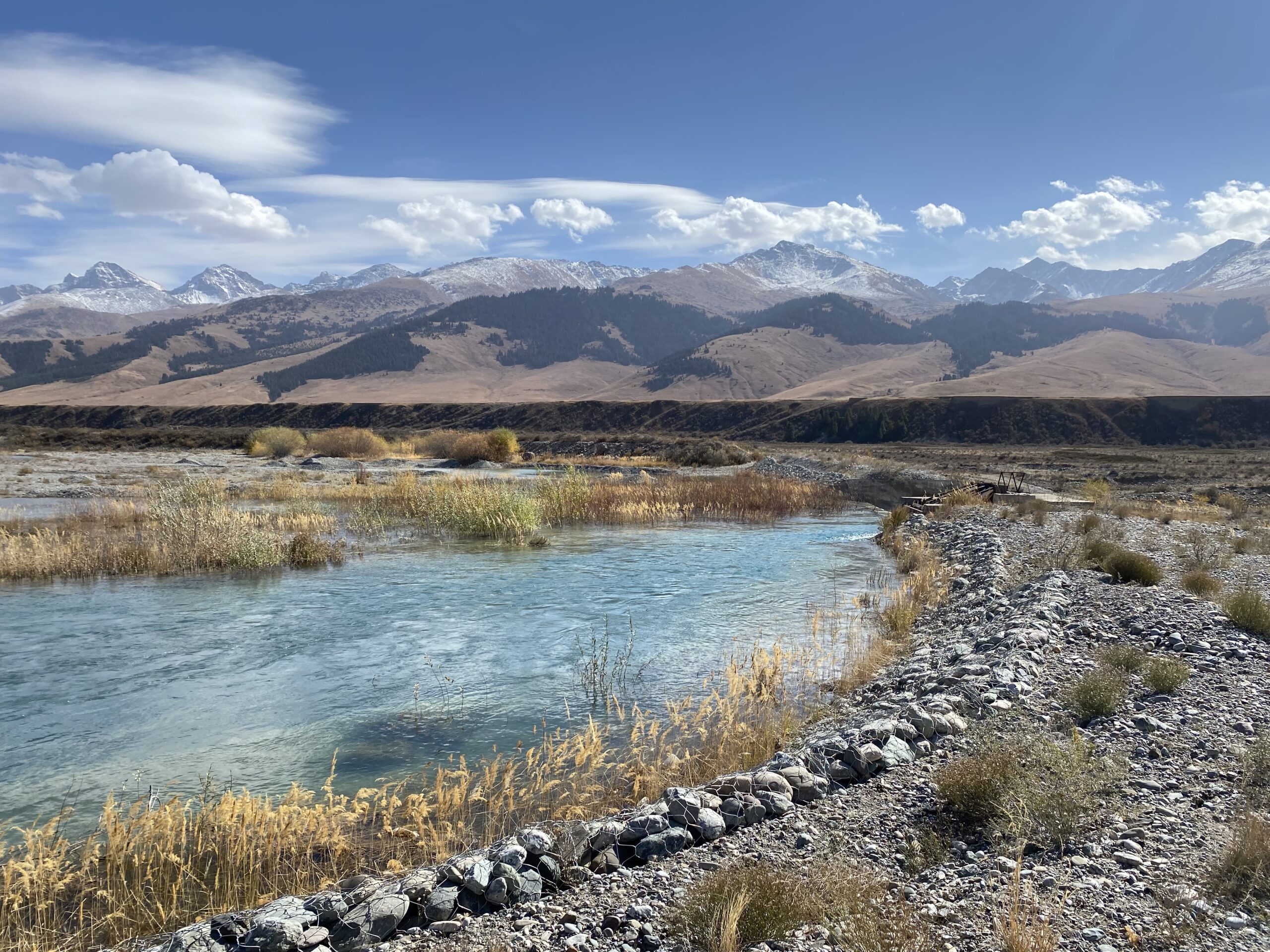The Socio-Economic Impacts of the Water-Energy-Food Nexus on Women’s Livelihoods in Central Asia
April 25, 2023
The water-energy-food nexus is a critical issue in Central Asia, and the International Water Management Institute (IWMI) has been at the forefront of conducting comprehensive analyses to address this challenge. Central Asia, which includes countries such as Kazakhstan, Uzbekistan, Turkmenistan, Kyrgyzstan, and Tajikistan, is characterized by a complex web of interdependencies between water, energy, and food production. Water is a scarce resource in Central Asia, with the region being home to some of the world’s largest rivers, including the Amu Darya and Syr Darya. These rivers are critical for irrigation, hydropower generation, and transportation, making them a key component of the water-energy-food nexus. However, increasing demand for water for agriculture, urbanization, and energy production has led to over-extraction of water from these rivers, resulting in declining water availability for all sectors.
The Hydro4U partner IWMI has conducted in-depth analyses of the water-energy-food nexus in Central Asia, using interdisciplinary approaches that integrate hydrology, agriculture, and energy systems. These analyses have revealed the complex interactions and trade-offs between water use for irrigation, hydropower generation, and food production. One of the key findings of IWMI’s research is the significant impact of climate change on the water-energy-food nexus in Central Asia. Changing precipitation patterns, receding glaciers, and rising temperatures are altering water availability, leading to shifts in agricultural productivity and energy generation.
The International Water Management Institute (IWMI) also has conducted extensive analysis of the water-energy-food nexus in Central Asia, taking into account the social aspects, including the role of women and children. Central Asia is a region where social dynamics and gender roles play a significant role in shaping water, energy, and food security outcomes. IWMI’s research has recognized that women and children are often disproportionately affected by water, energy, and food challenges in Central Asia. Women, in particular, play a crucial role in agriculture and household food production, as well as in water collection and management.
In Kyrgyz Republic, over 60% of the people live in rural areas, while in Uzbekistan, the urban and rural populations are split almost evenly at 50%. The challenge for these rural communities is the access to clean and running water, as the water supply systems established during the Soviet era have not been properly maintained or refurbished. Uzbekistan, located in a dry region of Central Asia, inherited a well-developed water supply and sanitation infrastructure, but the system is outdated, damaged by corrosion, operating inefficiently. Continuity in water services is lacking, and there is insufficient pressure in pipelines.
In both Kyrgyz Republic and Uzbekistan, women are primarily responsible for collecting, distributing, and managing household water and sanitation practices. Research on Gender and Water (World Bank) in Uzbekistan shows that in households without access to drinking water, 61% of the burden of collecting water falls on adult women. This task is physically strenuous, time-consuming, and can be hazardous. Moreover, the time spent fetching water reduces opportunities for women to pursue education, generate income, develop skills, and engage in leisure activities.
The HYDRO4U project, funded by the European Union, is small hydropower installation that is making a significant impact on the water-energy-food nexus in rural Uzbekistan and Kyrgyzstan, not only by providing clean and sustainable energy but also by bringing about crucial social benefits, particularly for women and children in these communities.
Find out more in our next Newsletter edition!
Author: Saida Usmonova, IWMI

